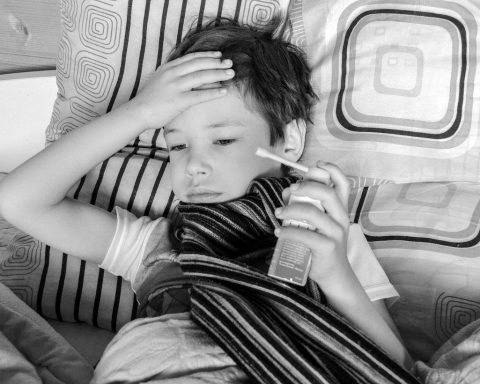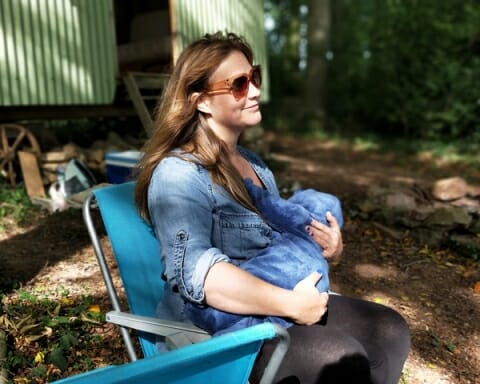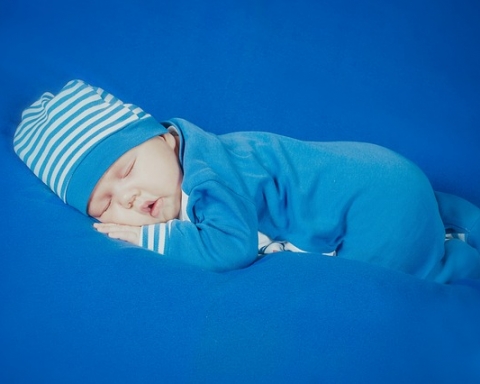Multiple clinical studies on the protective effects of breastfeeding against asthma and allergies have been conducted over the years, but they always contained dissimilar results.
Few researchers dispute the importance of breast milk in a child’s diet and the role of breastfeeding in establishing the bond between mother and baby, but there are still conflicting opinions about breast milk’s immunological properties. Some studies report that exclusive and more prolonged breastfeeding provides greater degrees of protection. For example, breastfeeding may have beneficial, protective effects on children prone to atopies. Other studies, however, show no reduction in risk or even an increase in risk with breastfeeding.
Is it possible to obtain reliable results?
One strategy would be to intervene prenatally to increase the number of breastfeeding mothers, but this option poses logistical problems. It is difficult to reach and influence women during (or even before) pregnancy, especially those who are unsure whether they want to breastfeed their children. A more practical strategy would be to promote exclusive and prolonged breastfeeding among mothers who have already decided to breastfeed.
A group of Belarusian scientists carried out a study in which they analyzed asthma and allergy symptoms in children whose mothers had participated in a previous trial on breastfeeding. In this study, titled “Effect of Prolonged and Exclusive Breastfeeding on Risk of Allergy and Asthma: Cluster Randomized Trial,” the researchers enrolled a total of 13,889 children from the previous trial. They observed the children six years after the initial breastfeeding study.
How Did They Conduct the Study?
In the first study, the mothers were divided into two groups. One group received positive interventions and support to reinforce breastfeeding, and the other group received only basic training in breastfeeding.
The breastfeeding experiment showed a significant difference in the duration of breastfeeding throughout the first year of follow-up. Comparing the experimental group versus the control group, 72.7% versus 60.0% were still breastfeeding after three months. In addition, the prevalence of exclusive breastfeeding was higher in the experimental group at three months. At six months, 49.8% versus 36.1% were still breastfeeding; 36.1% versus 24.4% were breastfeeding after nine months; and 19.7% versus 11.4% were breastfeeding at twelve months.
The 13,889 children who participated in the follow-up study were distributed into the same groups into which their mothers were sorted previously. The children were then evaluated in search of clinical signs of asthma or allergies as well as other basic characteristics that were considered important for the study.
Does Breastfeeding Protect against Asthma and Allergies?
The children of both groups were similar in their initial characteristics, with small and insignificant differences among them.
The results of the study indicate that the promotion of breastfeeding did not lower the risk of asthma or eczema in the children despite the prolonged duration and exclusivity of breastfeeding in the experimental group. It also did not reduce the prevalence of positive allergy tests. This does not coincide with previous studies that claim that breastfeeding protects children against such diseases.
Given these results, breastfeeding does not appear to have a potent protective effect at the population level. Therefore, public health measures to increase the initiation, duration, and exclusivity of breastfeeding do not seem to have a major impact on reducing the incidence of atopic diseases. The researchers recommend seeking alternative explanations for the high incidence of allergies and asthma. They suggest investigating other possible triggering factors in order to develop and test new preventive interventions.
The results of this study should not discourage breastfeeding mothers. Breast milk is still the best food for babies, and it has protective effects against other infectious and immunological diseases.














[…] of a lack of vitamin D in mothers’ diets, which leads to a low concentration of vitamin D in breast milk. Another cause of vitamin D deficiency is limited sun exposure for the mother and child. The […]